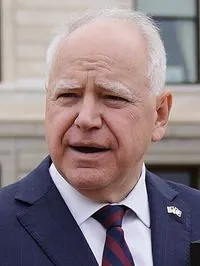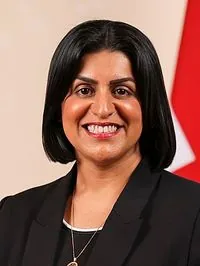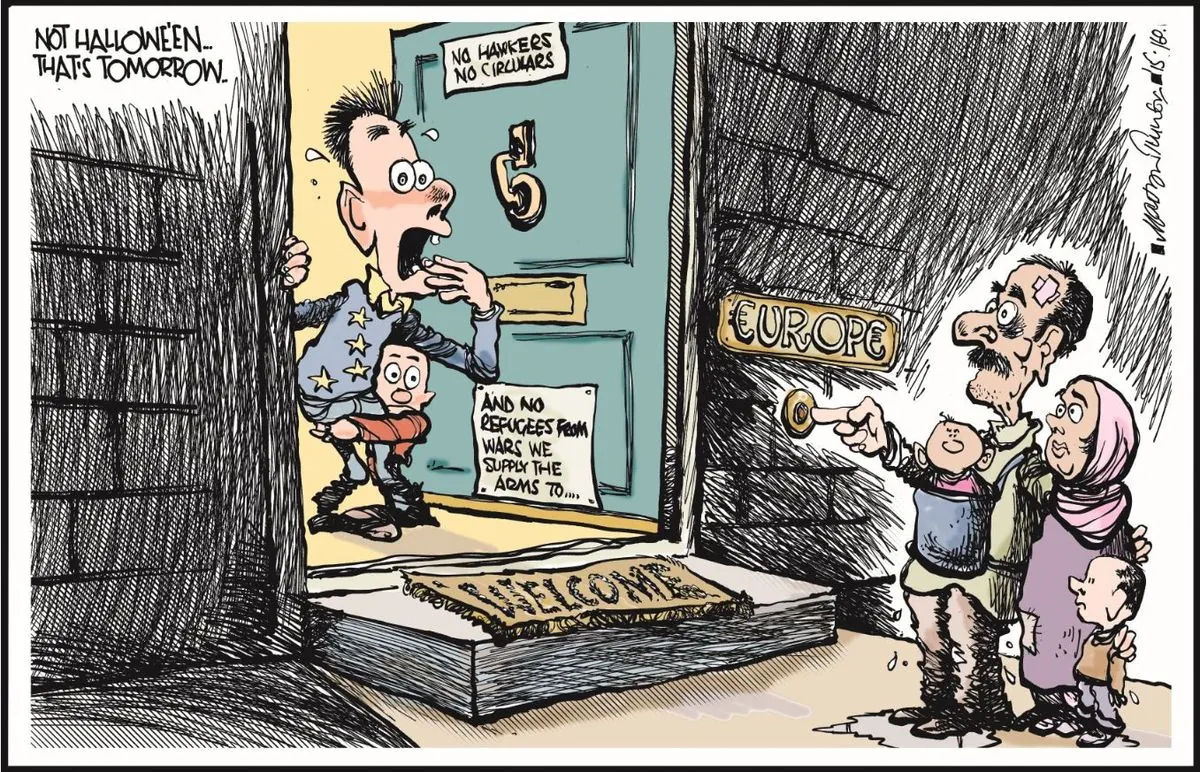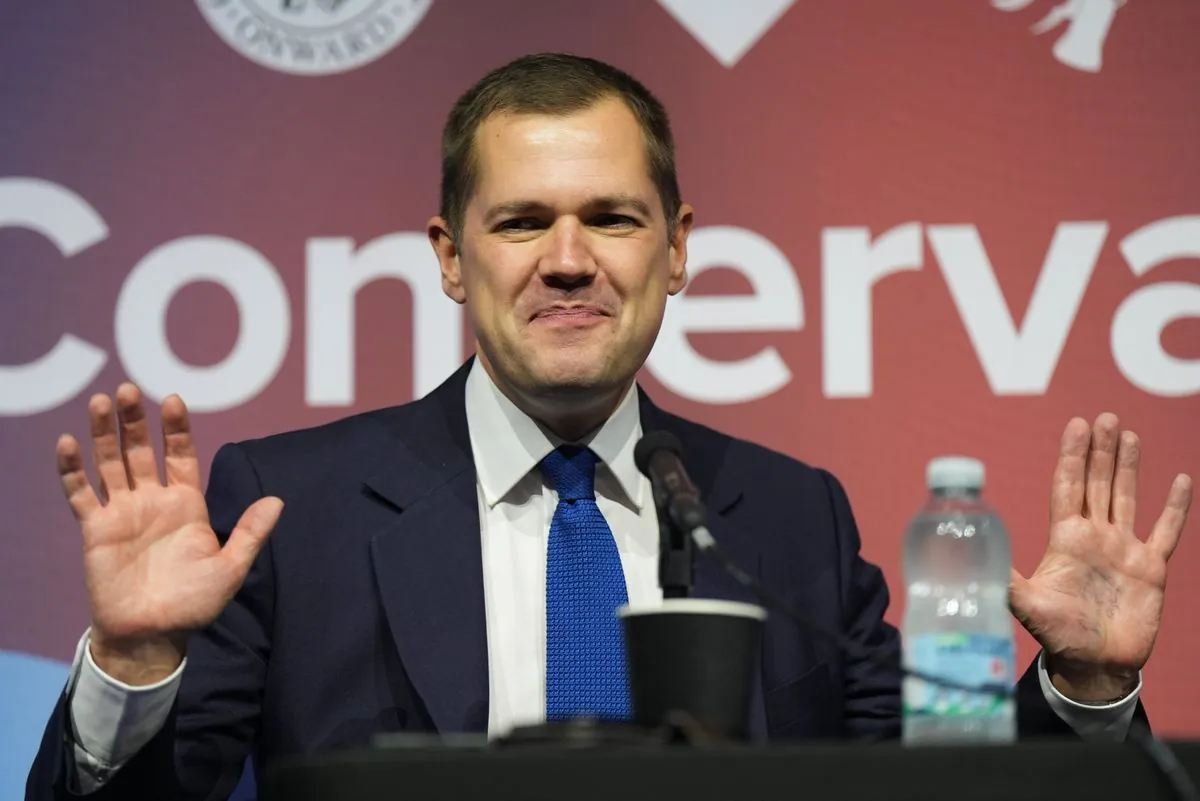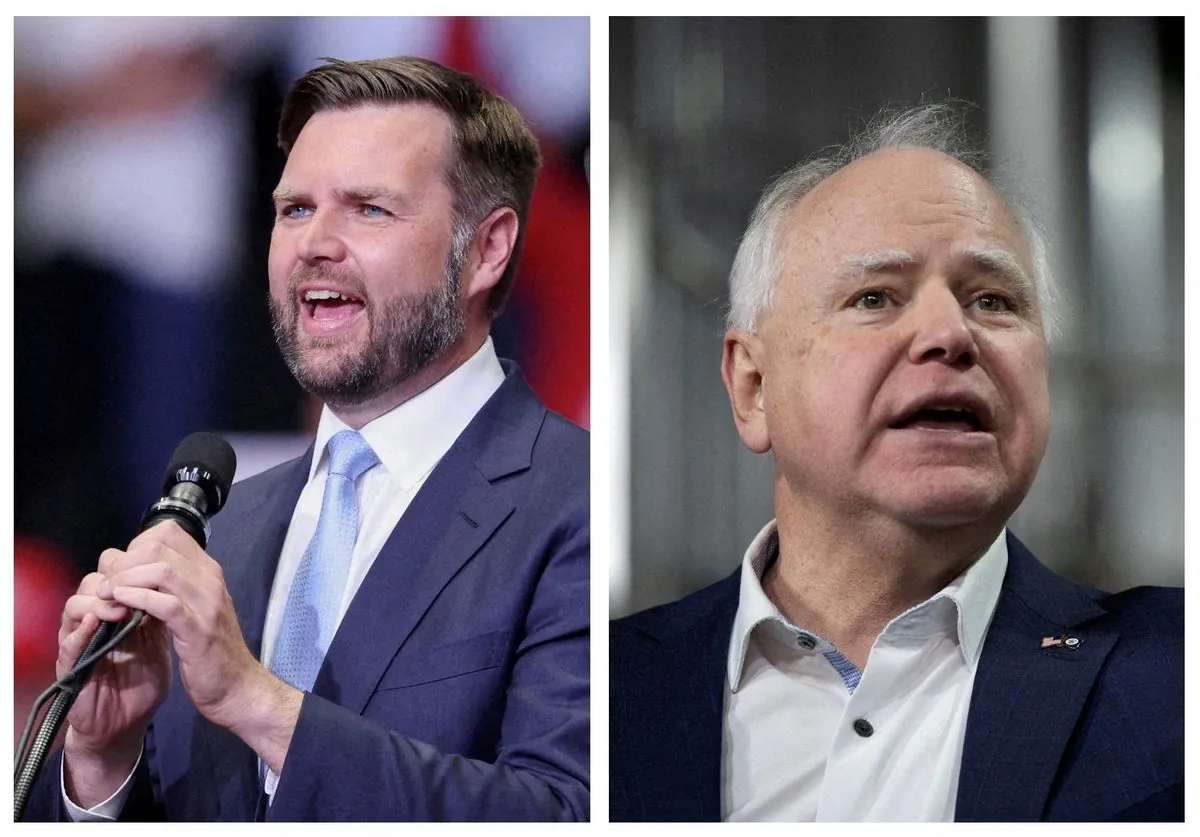Freedom Party of Austria Secures Historic Election Victory
Austria's Freedom Party wins its first general election, sparking celebrations among European right-wing leaders. The victory is seen as part of a growing anti-migration sentiment across the continent.
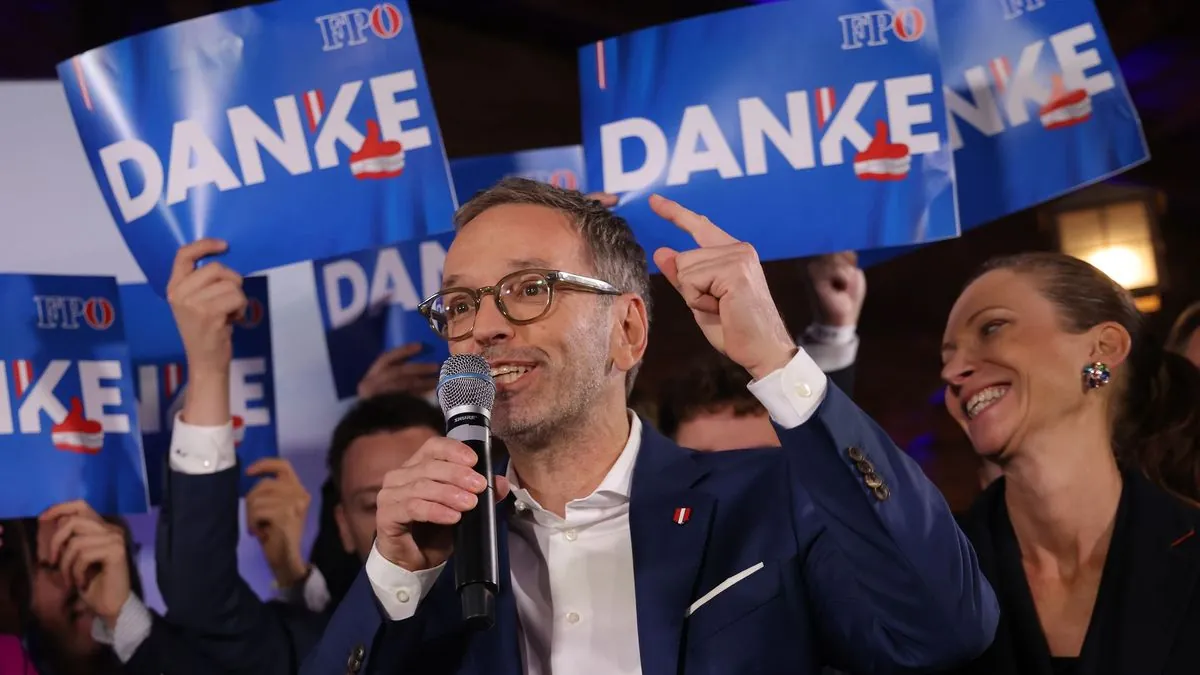
The Freedom Party of Austria (FPÖ) has achieved a landmark victory in the country's general election, marking its first-ever win since its establishment in 1956. This triumph has been met with enthusiasm from right-wing leaders across Europe, who view it as part of a broader shift towards anti-migration policies and increased national sovereignty.
Marine Le Pen, leader of France's National Rally, hailed the FPÖ's success as evidence of a right-wing surge sweeping the continent. She pointed to recent electoral gains in Italy, the Netherlands, and France as further proof of this trend. Le Pen stated, "This groundswell, which carries the defense of national interests, the safeguarding of identities, and the resurrection of sovereignties, confirms everywhere the triumph of the peoples."
The FPÖ, led by Herbert Kickl, secured 28.8% of the vote, surpassing the center-right Austrian People's Party (ÖVP) at 26.3% and the center-left Social Democratic Party of Austria (SPÖ) at 21.1%. This result comes seven decades after the party's foundation in the 1950s, highlighting its long journey to electoral success.

Geert Wilders, the Dutch far-right politician who won elections in the Netherlands in 2023, expressed his support on social media: "The Netherlands, Hungary, Belgium, Italy, Germany, Portugal, Sweden, France, Spain, Czech Republic and today Austria! We are winning! Times are changing!"
Hungary's Prime Minister, Viktor Orbán, also congratulated the FPÖ, calling it "another win for the Patriots." Orbán, known for his confrontations with Brussels over issues of sovereignty and migration, sees this victory as aligned with his own political stance.
The FPÖ's platform is characterized by euroscepticism, opposition to immigration, and a pro-Russia stance. Their manifesto criticizes the increasing influence of Brussels on Austrian affairs, stating, "The government of the state is increasingly no longer in Vienna, but in Brussels. The space of the state is being eliminated by the de facto principle of open borders."
This election result reflects a growing trend in European politics, with anti-migration sentiment gaining traction in several countries. It also poses potential challenges to the European Union's cohesion, as more member states elect governments skeptical of further integration.
Austria, a country with a rich history including its role in the Habsburg and Austro-Hungarian Empires, has been a member of the European Union since 1995. Its political landscape, comprising nine federal states and a two-chamber parliament, now faces a potential shift in direction following this historic election outcome.
As the FPÖ prepares to lead Austria, questions arise about the future of the country's relationship with the EU, its stance on international issues, and potential changes to its domestic policies. The impact of this election may extend beyond Austria's borders, potentially influencing the broader European political landscape in the coming years.













